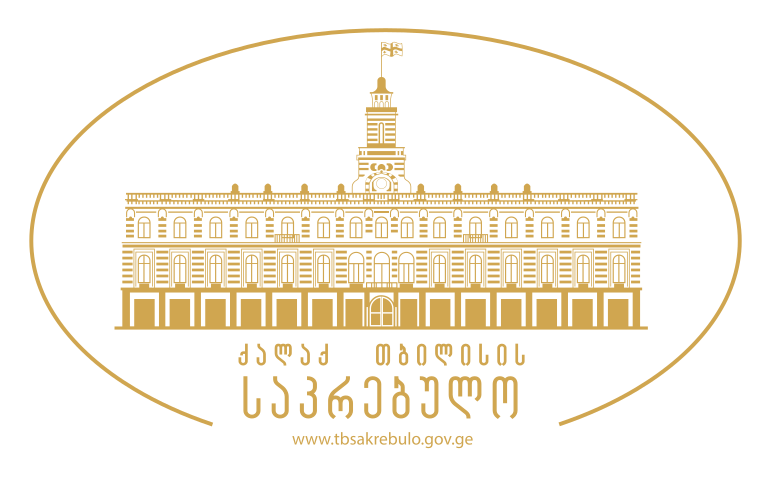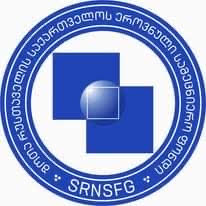021- Socialist Realism – Soviet Intentions and Receptions in the Exploited Worlds
Organized by: Prof. Kunal Chattopadhyay
English
Socialist Realism as a genre of literary writing was imagined and worked out between about 1928 and the Writers’ Congress of 1934. Communist and fellow traveller authors were expected to write in the ‘realist’ mode about proletarian heroes and their evolution in a positive direction, with the party mindedness highlighted. However, the reception of this concept from the USSR and/or the advanced capitalist countries to the colonial and semi-colonial countries witnessed many transformations. This of course makes it necessary to question the present day, seemingly neutral categories North and South. The USSR for all its bureaucratic degeneration cannot be treated as identical with imperialist capitalism [ a collective North], nor can we flatten Asian, African and Latin American countries into one relatively homogeneous global South. In different countries, the organic connections with the literate authors producing novels and short stories were often with peasants rather than a modern proletariat. Racism was an issue that was perceived in a very different way in the South, with an articulation of not only oppression but also resistance.
Papers in this group will address the following concerns (not an exhaustive list but suggested themes):
- Socialist Realism and the debates over it as expressed by Soviet and major Marxists from the North (Gorky, Zhdanov, Lukacs, Garaudy) and their reception in the Global south
- Class struggle, national liberation and the fiction of progressives
- Finding the Proletarian Hero in the colony/semi-colony
- Racism, anti-racism and Socialist Realism
- Why the South is not homogeneous—or comparing diversities of Socialist Realism within the Global South
- Class and Caste in South Asian Socialist Realism
- Gender in the Socialist Realist/Communist/Progressive literatures
The Project was supported by Shota Rustaveli National Science Foundation of Georgia (SRNSFG) [grant number MG-ISE-22-170]

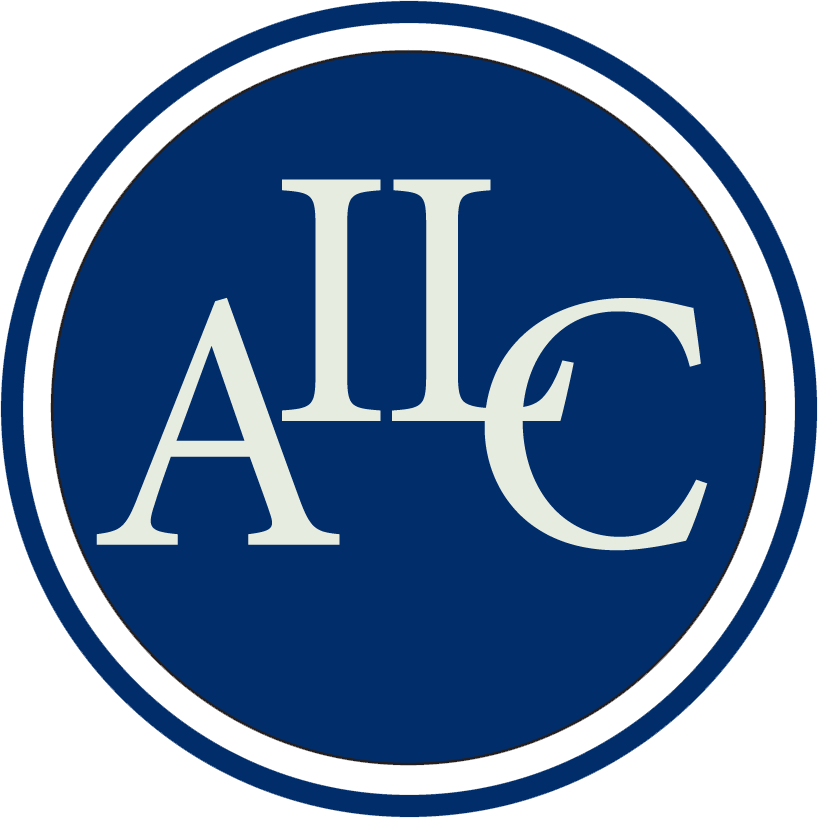
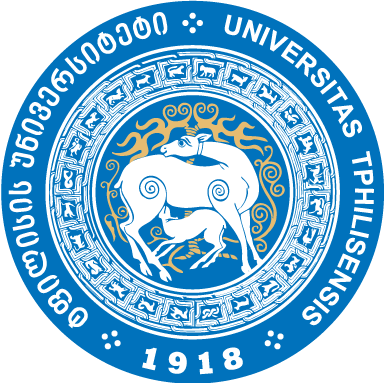

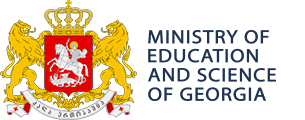
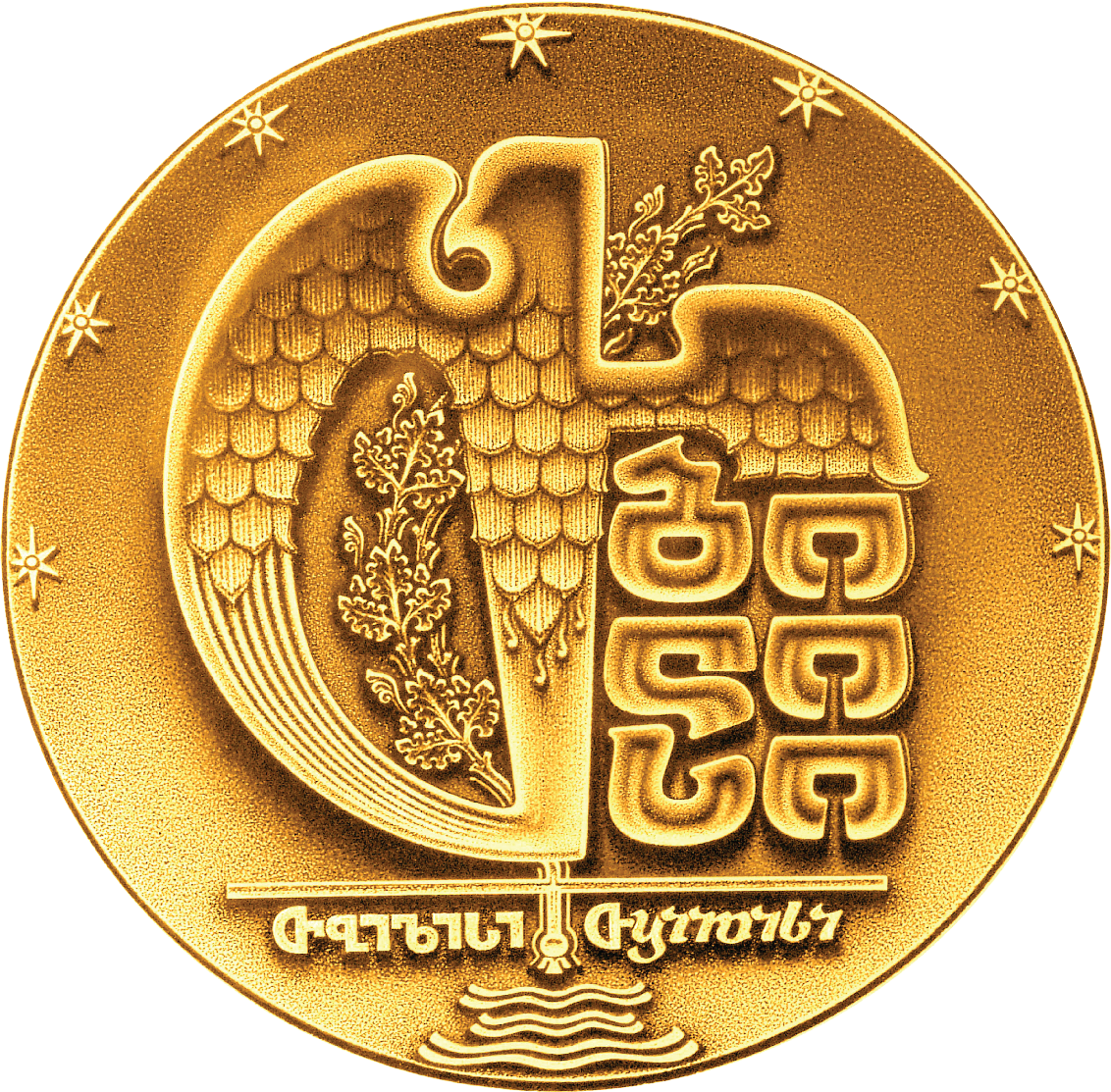

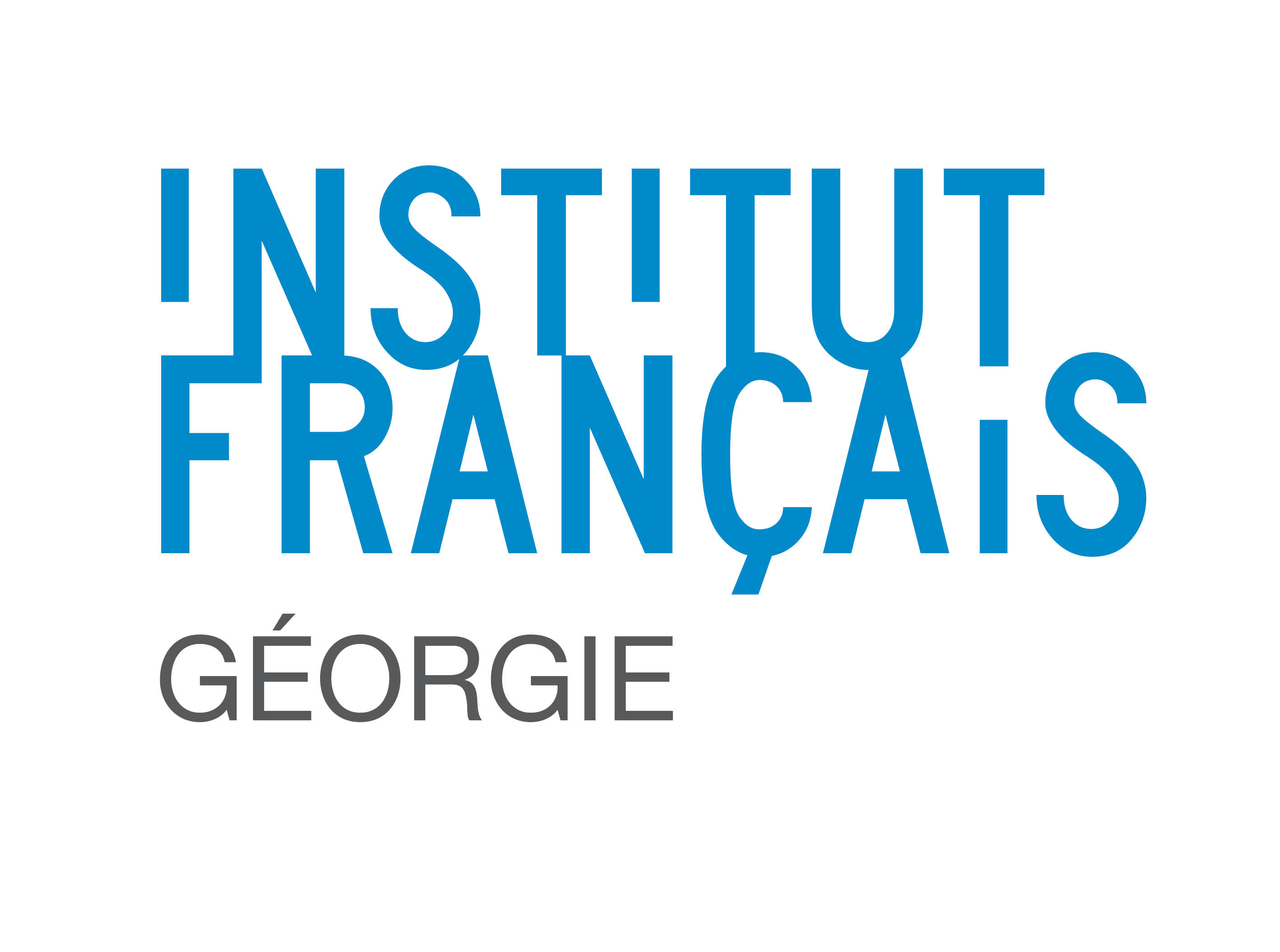


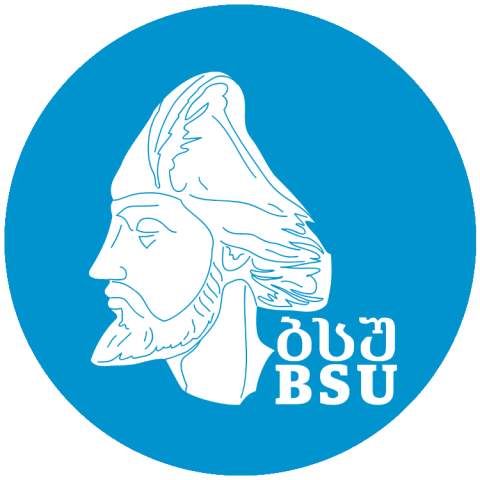

_001.png)

